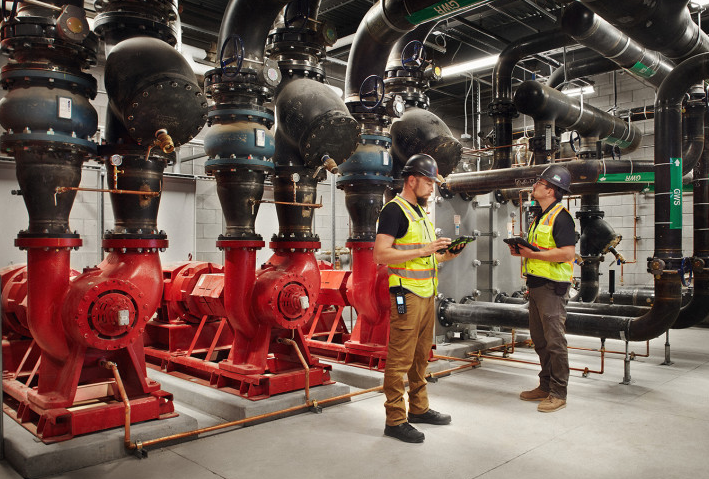Netflix reports sustainability progress
June 28, 2024

Since 2021, Netflix has committed to two near-term climate targets aimed at halving its carbon emissions by 2030 and, starting in 2022, matching remaining emissions by investing in natural climate solutions. Three years in, the streaming service reports that it is on track to meet both.
In a blog post Emma Stewart, Netflix Sustainability Officer, said; “To keep meeting our targets, we look at where our biggest source of emissions come from — mainly our operations and value chain — and tackle them at the source through a framework we like to call ‘OED’: first, we optimise our energy use, then we electrify it and finally decarbonise what’s left. Last year, we made meaningful progress, reducing our Scope 1 and 2 emissions by half compared to 2022. Due to reduced production work in 2023, most of our emissions came from our corporate operations, followed by the productions of our films and series, and a small remainder from streaming.”
The blog outlines that Netflix regularly works with its utilities and landlords to identify energy efficiency improvements across its offices and studios, and 0 as in previous years – continues to match global operations with 100 per cent renewable electricity and adopt renewable fuels.
In 2023, Netflix says it “broke ground” on a major expansion project for its studio campus in Albuquerque, New Mexico, where it has made a number of sustainable investments to lower operating costs, improve the production experience, and reduce its carbon footprint. This includes installing geothermal heating and cooling, building on-site solar and battery storage systems, and investing in EV charging infrastructure with fast chargers that quickly power the electric vehicles needed for productions.
Fuel consumption remains the biggest source of emissions in Netflix productions, and something the streamer is actively working to reduce by replacing diesel generators with clean mobile power and fossil fuel vehicles with electric or other low emissions vehicles.
In 2023, all of the productions Netflix directly managed incorporated some form of clean mobile power solutions and electric, plug-in hybrid and hybrid vehicles. From hydrogen power units on Bridgerton and Back in Action, to batteries on The Decameron and Mother of the Bride, and hybrid generators on The Electric State and Supacell, Netflix is continuing to implement a range of cleantech solutions that reduce fuel use while also limiting air and noise pollution on set.
“We’re making progress, but as an industry our biggest challenge to scaling these solutions is availability of supply within our shared ecosystem of production crew and suppliers. To help accelerate this transition, last year we co-founded the Clean Mobile Power Initiative aimed at scaling the supply of clean alternatives that will help the industry move away from its reliance on diesel to power productions,” added Stewart.
Stewart highlighted that Netflix is also sharing sustainability on screen
“We want to entertain the world and last year, many of our titles included sustainability themes and storylines – from comedies like Unstable, documentaries like You Are What You Eat and Life on Our Planet, and dramas like Leave the World Behind. We showcase these and over 200 others in our Sustainability Stories collection,” Stewart concluded.
